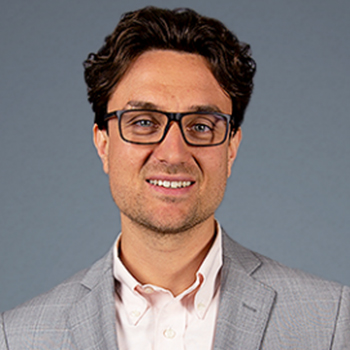Islet Cell & Regenerative Biology
Investigating regenerative and developmental biology and repairing or replacing tissues that are damaged by diabetes
How We're Advancing Care
The Islet Cell And Regenerative Biology Section seeks to understand how regenerative and developmental biology can be applied to repair or replace tissues that are damaged by diabetes, ranging from the pancreatic beta cell to tissues that are subject to complications.
This focus extends to understanding how diabetes and the aging process influence the development and function of organs and tissues. Several laboratories focus on studying beta cells, their initial developmental specification, how they can be regenerated, and how they might be replaced through stem-cell or induced-pluripotent (iPS) cell technologies.
Other researchers study the functions of differentiated islet cells, with a particular focus on understanding mechanisms governing beta cell proliferation and survival.
Another major interest is the aging process, how it affects stem cells and developed tissues, and how it can be slowed to promote healthy aging and prevent chronic disease. Finally, investigators study basic principles of stem cell pluripotency and cell development of importance in diabetes.
Recent Accomplishments
- Transplanted insulin-producing cells, and strategies for beta cell maturation and reprogramming. Nat Med 2016, Nat Biotechnol 2015, 2016, J Clin Endocrinol Metab 2015
- The circulating protein SerpinB1 promotes beta cell proliferation. Cell Metabolism 2016
- Identification of extracellular matrix remodeling and lipid signals as key mechanisms that slow tissue degeneration in aging. Nature 2015, eLIfe 2015
- Reversal of a genetic disease through in vivo somatic gene editing. Science 2016
Section Members










Support Our Research
Our researchers are constantly pushing science beyond what is possible today in a relentless pursuit of a cure that will transform the lives of millions. Help us help the ones you love.
